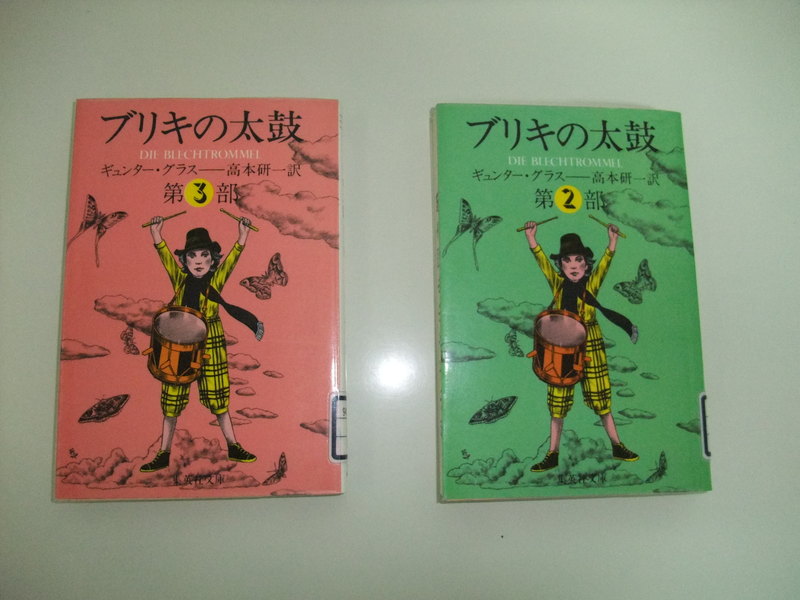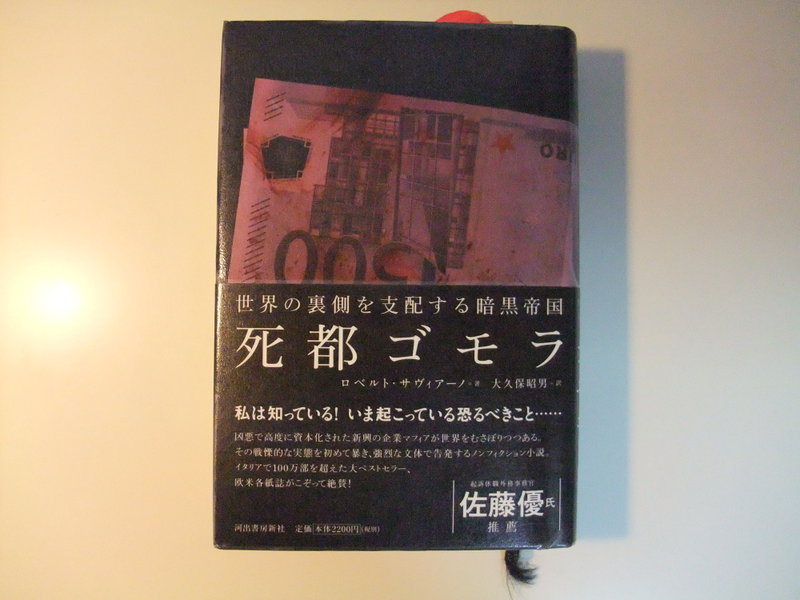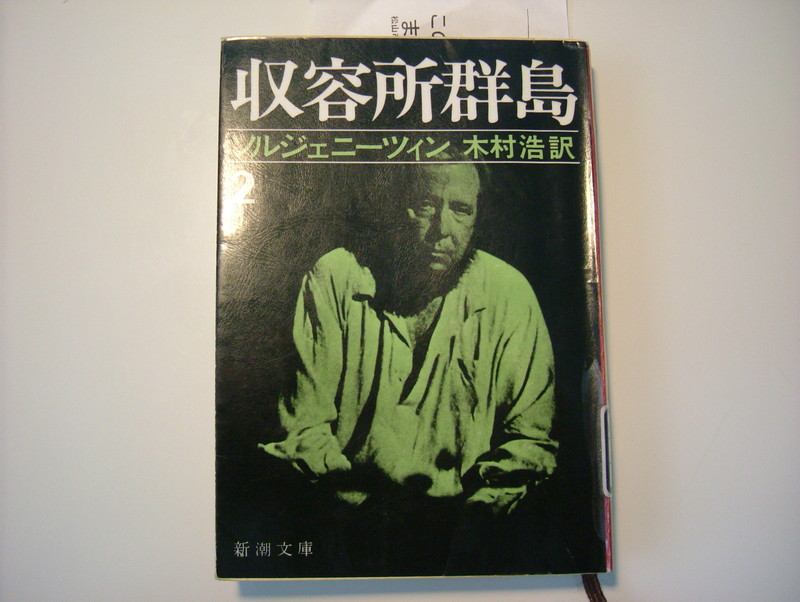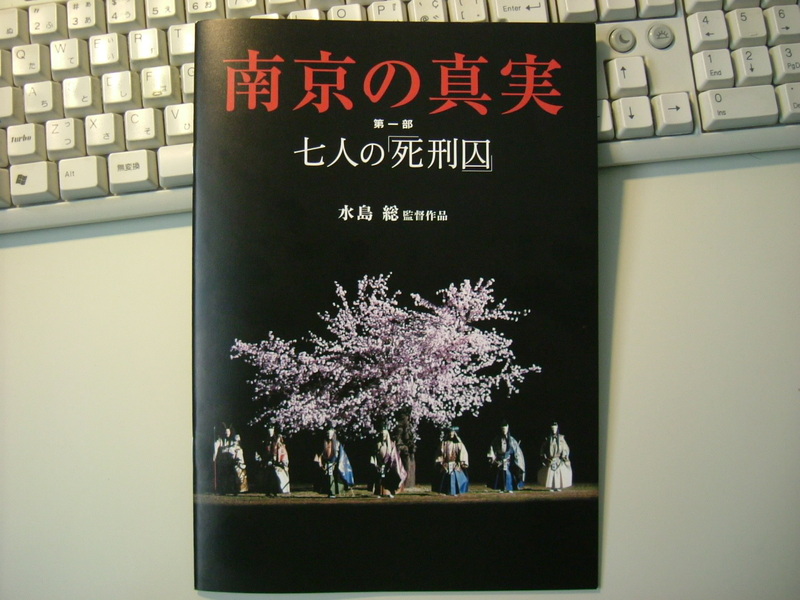I read through the Japanese translation of "Die Blechtrommel" and "Beim Haeuten Der Zwiebel", which were authored by Günter Grass, who is a Nobel laureate in literature. I know that he has been under fire due to his career. He revealed recently that he used to be a member of Schutzstaffel (Nazi's SS) in his autobiography of "Beim Haeuten Der Zwiebel". I didn't enjoy either.
I wonder how the Nobel laureate in literature is decided. It feels like the decision is lacking in objectivity. In the case of the Peace Prize, people can judge the achievement of the laureate and express their opinions like it's ok or not. It's rare that somebody plots to put a con on people and win the Nobel Peace Prize, committing big money to something just like former South Korean president Kim Dae-jung (金大中).
I think that people can't know the reason why he or she was awarded the Nobel Prize in Literature. Every language has its own beautiful expressions and verses. The referees would never be able to handle many languages at the same time. Consequently, the standard of judgement would be the story or the context of the work.
I wondered why he received the Prize. The story of "Die Blechtrommel" was weird and unbelievable. According to his profession, some people accused him and insisted that he should pass up the Nobel Prize. I believe that the Nobel Prize in Literature makes no sense.
(Vocabulary)
Die Blechtrommel ブリキの太鼓
Beim Haeuten Der Zwiebel 玉ねぎの皮をむきながら
receive/win the Nobel in Literature ノーベル文学賞を受賞する
Nobel laureate in literature ノーベル文学賞受賞者
Nobel Peace Prize / Nobel Prize for Peace ノーベル平和賞
Nobel laureate for peace prize ノーベル平和賞の受賞者
Schutzstaffel ナチス親衛隊
autobiography 自叙伝
objectivity 客観性
put a con on (人を)欺く
commit [他] 〈資金・兵力など〉 を投入する
commit something to something
<…>を<…>に投入する
profession (信念・意見などの) 表明, 告白
pass sth up <昇進・招待など>を断る, 辞退する
pass up a chance/an opportunity チャンスを見送る
pass up an offer 申し出を断る
















Recent Comments